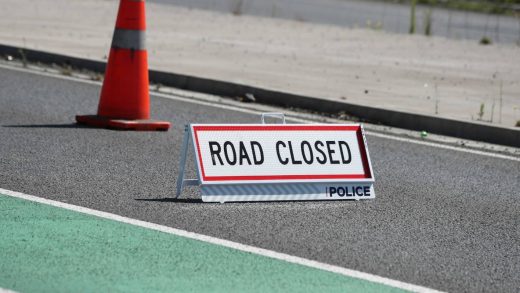
CAIRO (AP) — A global rights group on Monday urged authorities in eastern Libya to release a singer and a blogger arrested for allegedly violating a widely-criticized cybercrime law.
According to a statement from Human Rights Watch, both women — popular folk singer Ahlam al-Yamani and blogger Haneen al-Abdali — were arrested in February allegedly for violating “honor and public morals.”
The Interior Ministry in the eastern city of Benghazi alleged that both women insulted “the status of the chaste and dignified Libyan woman in our conservative society with acts and behaviors that are foreign to us and offend our customs, traditions and true religion.”
They have since been held “in connection with cases against honor and public morals” and for violating the anti-cybercrime law which the east-based House of Representatives adopted in September, it said.
A spokesman for the the east-based government did not respond to a request for comment.
U.N.-backed investigators on Libya and other global rights groups criticized the law, which allows prion terms up to 15 years for violators.
“The Anti-Cybercrime Law adds to the slew of existing laws in Libya that violate basic rights and freedoms and that need to be reformed, including on freedom of speech, assembly, association and so-called crimes against the state,” said Hanan Salah, HRW’s associate Middle East and North Africa director.
The group criticized “vague and overbroad definitions” of crimes in the law. It states that the use of the internet and new technologies is lawful only if “public order and morality” are respected without clear definition of offenses.
It said the law allows the blocking of websites and censoring online content without a judicial order in cases of “security requirement or urgency” or when the content in question is counter to “public morality.”
It called for the east-based parliament to repeal the legislation and authorities in eastern Libya to free anyone detained in connection to that law.
Libya has plunged into turmoil after a NATO-backed uprising in 2011 toppled dictator Moammar Gadhafi, who was later killed. For most of the past decade, the country has become divided between rival governments on the east and west, each is backed by an array of militias and foreign powers.
Eastern Libya is controlled by forces of commander Khalif Hifter, who is allied with the government of Prime Minister Fathi Bashagha.
Bashagha was appointed as prime minister earlier last year after Libya failed to hold elections in Dec. 2021 and a rival government in the capital, Tripoli refused to step down.


